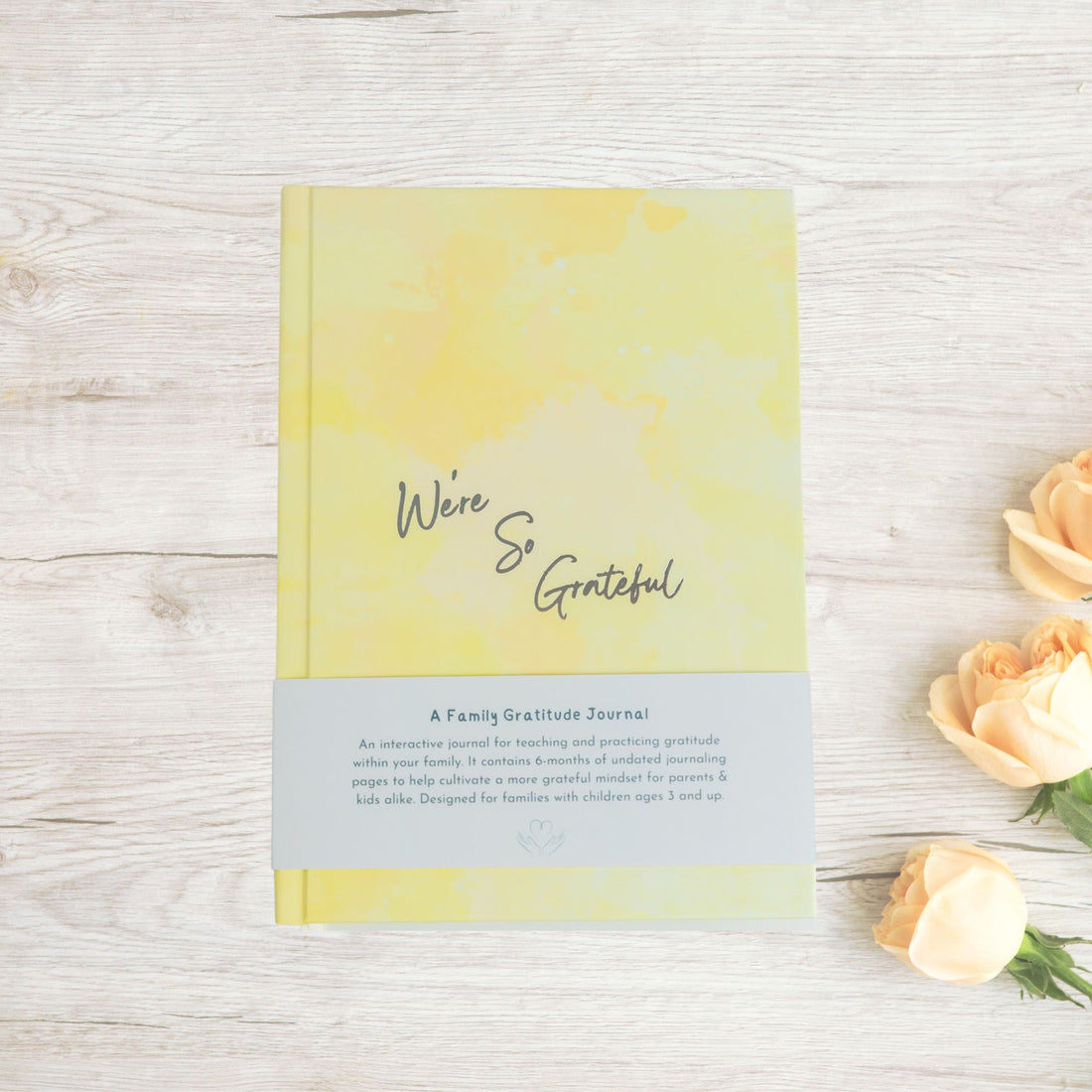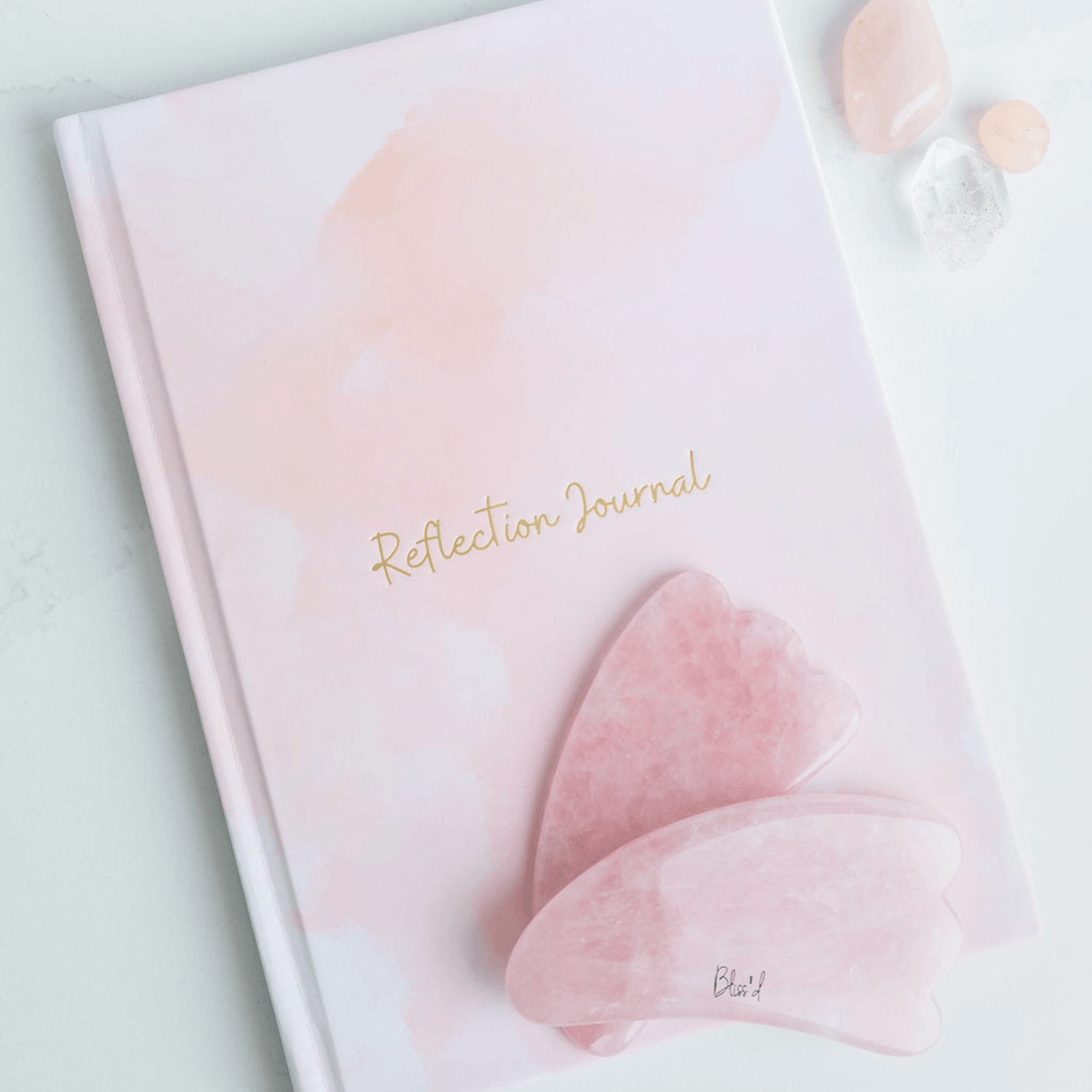Journaling Tips to Help You Create Your Practice
Journaling can be one of the most powerful tools for personal growth, self-reflection, and creativity. But if you’re just starting—or trying to get back into it—it can feel a bit overwhelming. What do you write about? How often should you do it? The good news? There’s no one right way to journal. The key is finding a practice that works for you and feels sustainable over time. Here are some practical journaling tips to help you create a practice you’ll actually enjoy.

1. Find What Works for You
Journaling is as unique as the person holding the pen (or typing on the keyboard). There are countless ways to journal: free-writing, daily reflections, gratitude lists, goal setting, bullet journaling, or even doodling. You might love pouring your heart out on a blank page, or you may prefer sticking to structured prompts. The key is experimentation—try different methods and see what resonates. There’s no “wrong” way to journal, only what feels meaningful to you.
2. Don’t Feel You Need to Journal Every Day
One of the most common myths about journaling is that it needs to be a daily habit. While some people thrive with daily journaling, others find it more effective to journal a few times a week or whenever inspiration strikes. It’s important to find a rhythm that fits your lifestyle and doesn’t feel like a chore. Give yourself permission to skip days without guilt. The goal is consistency over time, not perfection.
3. It May Take Some Time to Get Into It
Like any new habit, journaling might feel a little awkward or forced in the beginning. That’s normal! It can take time to find your flow and develop a routine that feels natural. Don’t give up if it doesn’t click right away. Start small—write for five minutes, once or twice a week. Over time, as journaling becomes more familiar, you’ll likely discover its many benefits, from clarity and emotional release to creative inspiration.
4. Set a Goal for Your Journaling Practice
Why do you want to journal? Is it to reduce stress, gain clarity, practice gratitude, or work through emotions? Setting an intention can give your journaling practice more focus and direction. For example, if your goal is to improve your mindset, you might focus on writing about positive moments in your day. If you’re working through challenges, reflective writing or exploring your emotions might be more helpful. When you have a clear purpose, you’re more likely to stick with it.

5. Find a Journal You Love
If you’re someone who’s motivated by aesthetics, finding a journal you love can make all the difference. A beautiful, well-made notebook or planner can inspire you to pick it up more often. Whether it’s a sleek leather-bound journal, a vibrant floral design, or something simple and minimalist, choose one that feels like you. Bonus points if you find one with features you love, like prompts, lined or unlined pages, or even a gratitude section.
6. Allow Yourself to Experiment
Journaling is not a one-size-fits-all practice, so don’t be afraid to mix things up. Try writing at different times of the day—morning journaling can help you set intentions, while evening journaling can be great for reflecting on your day. You might also play around with different formats, like mind maps, lists, or even collages. It’s all about discovering what sparks your creativity and feels aligned with your goals.
7. Remember, There’s No Pressure to Be Perfect
Your journal is your space—it doesn’t need to look Instagram-worthy or follow any rules. Some days, you might write pages of reflections; other days, it might just be a single sentence. What matters most is that your journal serves you and helps you feel more connected to yourself.
Final Thoughts
Journaling can be a transformative practice, but it’s also deeply personal. By following these journaling tips, you’ll be able to create a routine that feels authentic and enjoyable. Remember, it’s not about how much or how often you write—it’s about finding value in the process and showing up for yourself. So grab a journal, set an intention, and let the magic begin!





